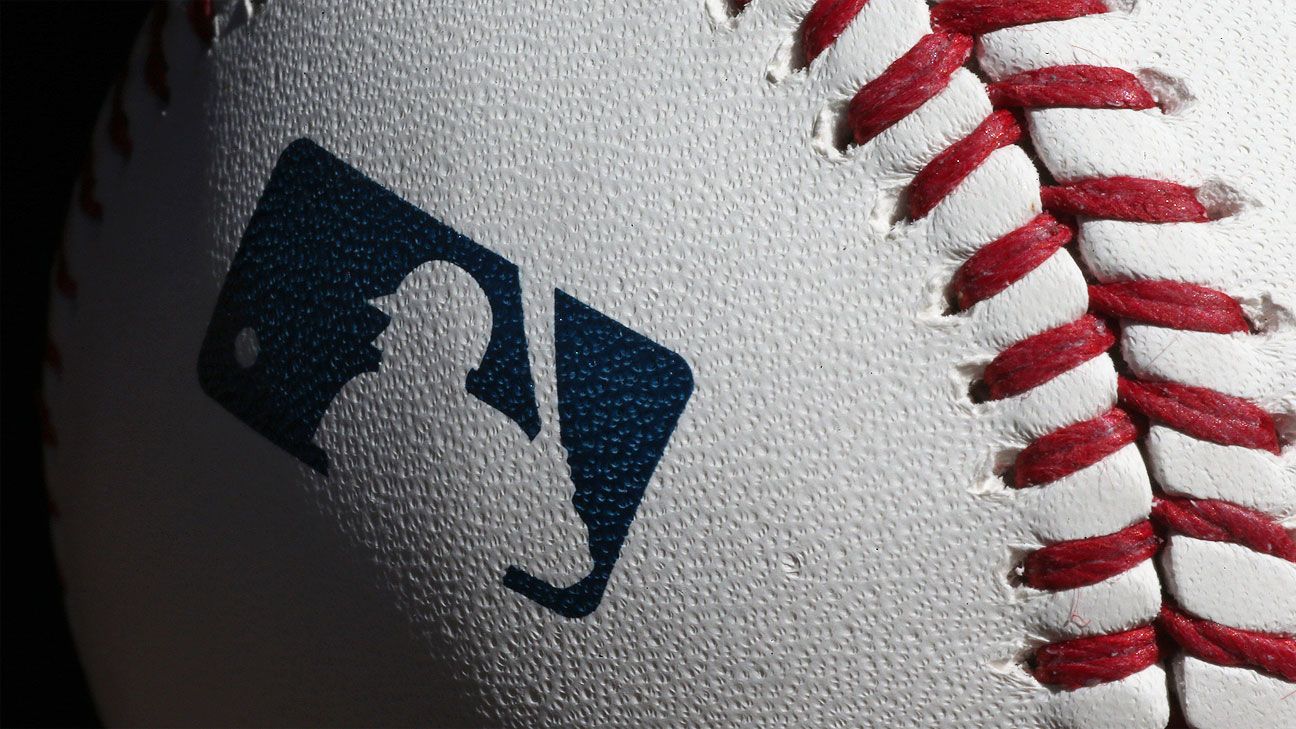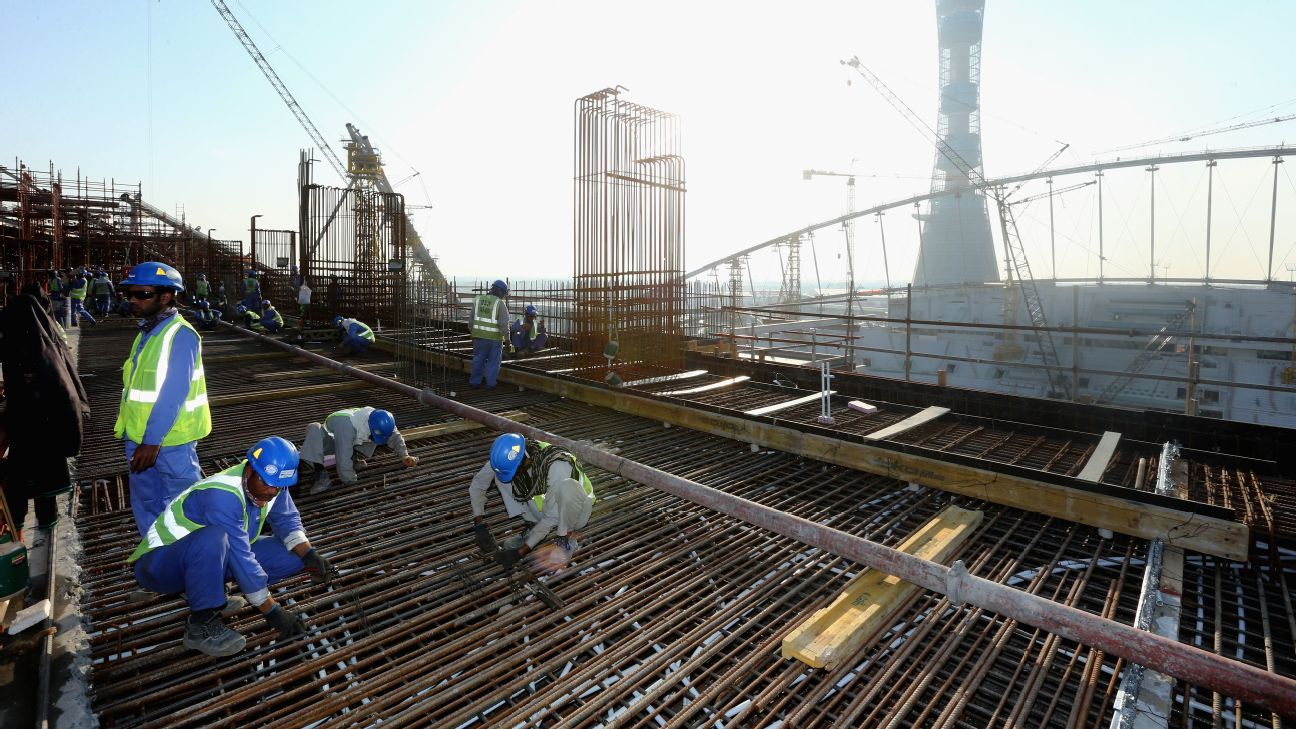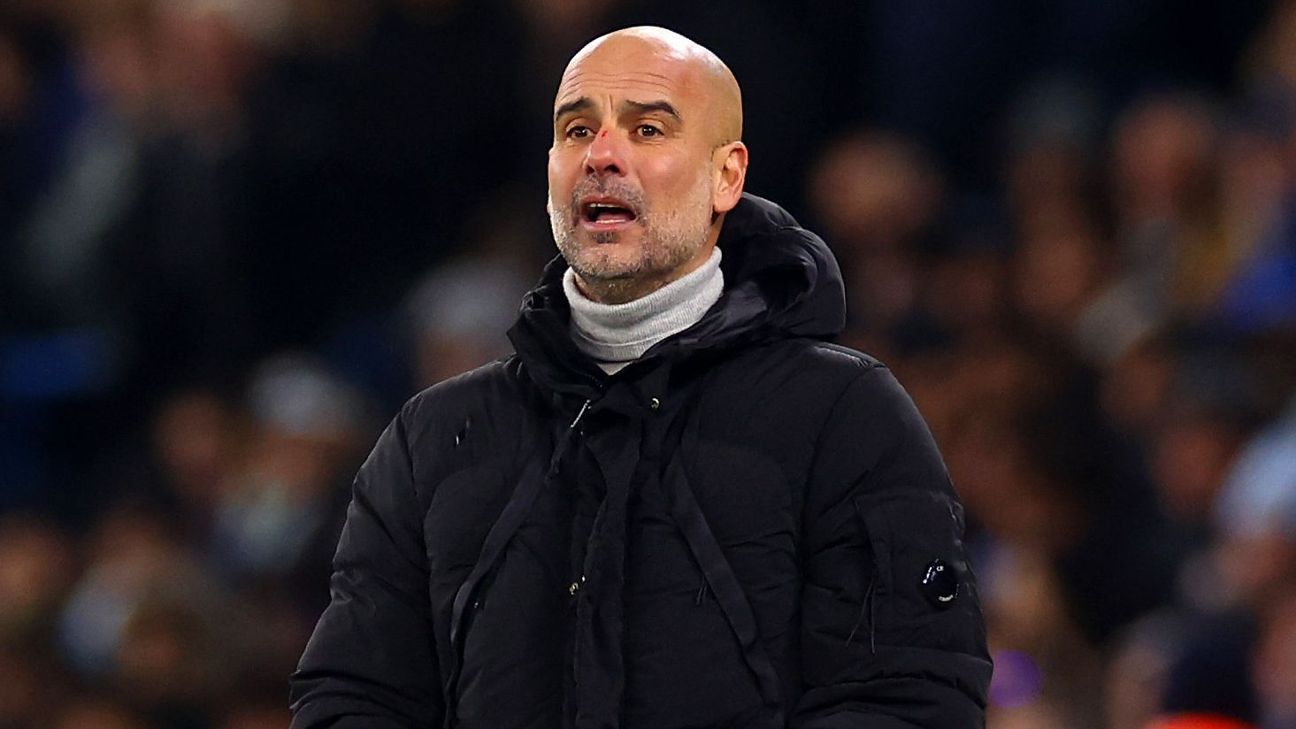
Major League Baseball indicated for the first time that it is open to a pre-arbitration bonus pool during a labor meeting Tuesday with the MLB Players Association, but the sides remain far apart on how much should be distributed, according to sources familiar with the talks.
MLB is offering $10 million in the pool while the players want $105 million, according to sources. The money would be distributed to the top 30 pre-arbitration players based on Wins Above Replacement (WAR) and awards, such as the MVP and Cy Young Awards.
The offers marks, at least, a starting point for negotiations on that topic.
MLB also offered to increase the starting minimum salary for first-year players from $600,000 to $615,000, but the players want a bump to $775,000.
The current minimum salary is $570,500, and MLB did not change its previous offers for second-year players ($650,000) and third-year players ($700,000).
MLB also is offering status quo to the arbitration system after previously asking for a formula-based alternative. Currently, players who accrue three years of service time become eligible for arbitration.
The two sides met in New York for a second straight day Tuesday, less than a month before spring training camps are due to open. The players' association on Monday dropped its demands to change free agency while rejecting several previous proposals by MLB.
MLB believes it has opened a path to negotiate on several fronts, including the bonus pool and an NBA-style lottery draft, which had been offered previously.
But there are still some big-issue items such as revenue sharing and the competitive balance tax that need to be agreed upon. Baseball's previous collective bargaining agreement expired this past December, and the players have been locked out since.
Many in the industry believe an agreement needs to be reached by Feb. 1 in order for spring training camps to open on time. The union has prepared a "war chest" in case the lockout lingers. Players will receive $5,000 in the first week of February as well as the first week of March if a deal isn't struck.
The sides next plan to work on a dozen non-core economic issues, in order to end the lockout as soon as the major points are agreed upon.















 Phone: (800) 737. 6040
Phone: (800) 737. 6040 Fax: (800) 825 5558
Fax: (800) 825 5558 Website:
Website:  Email:
Email: 






